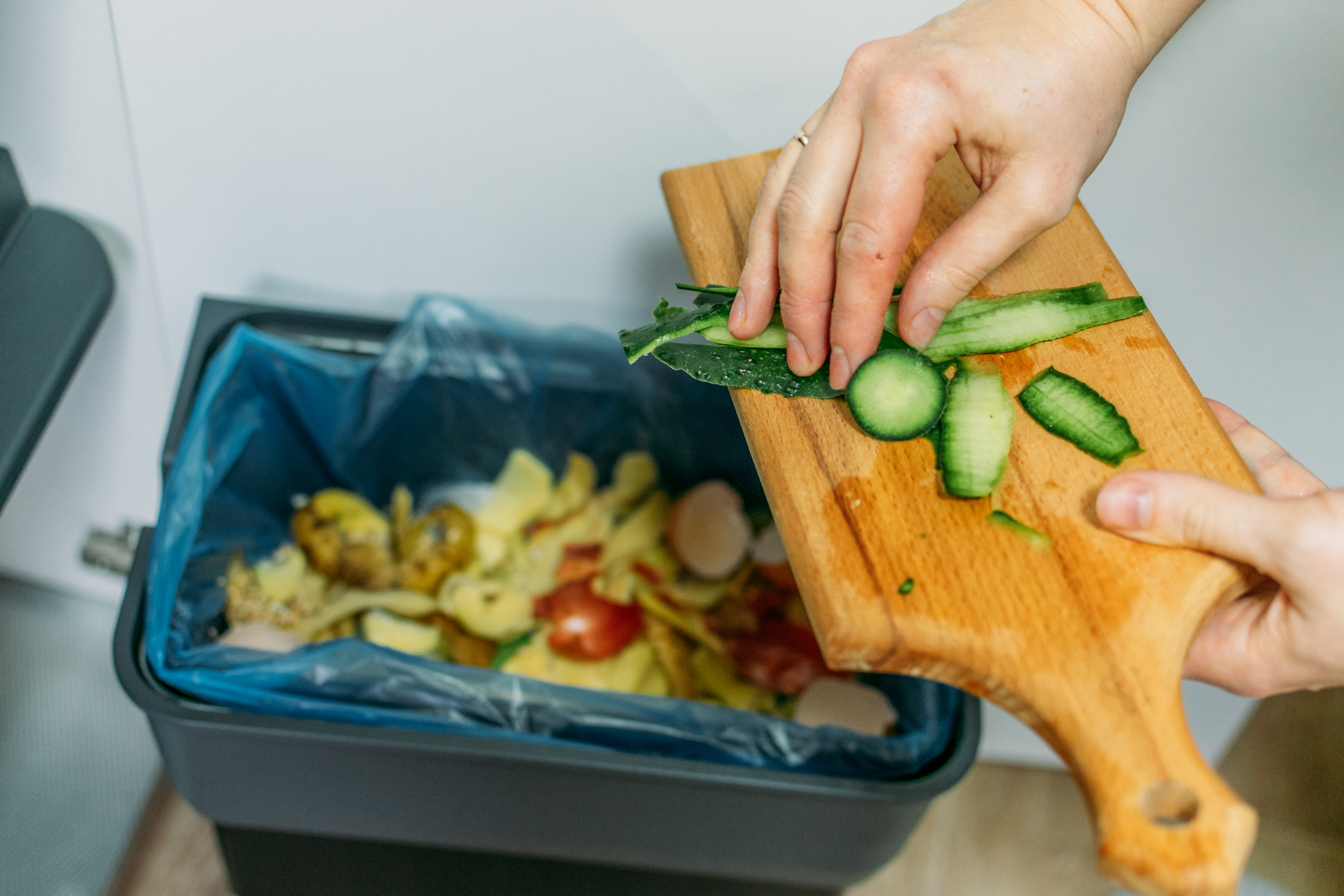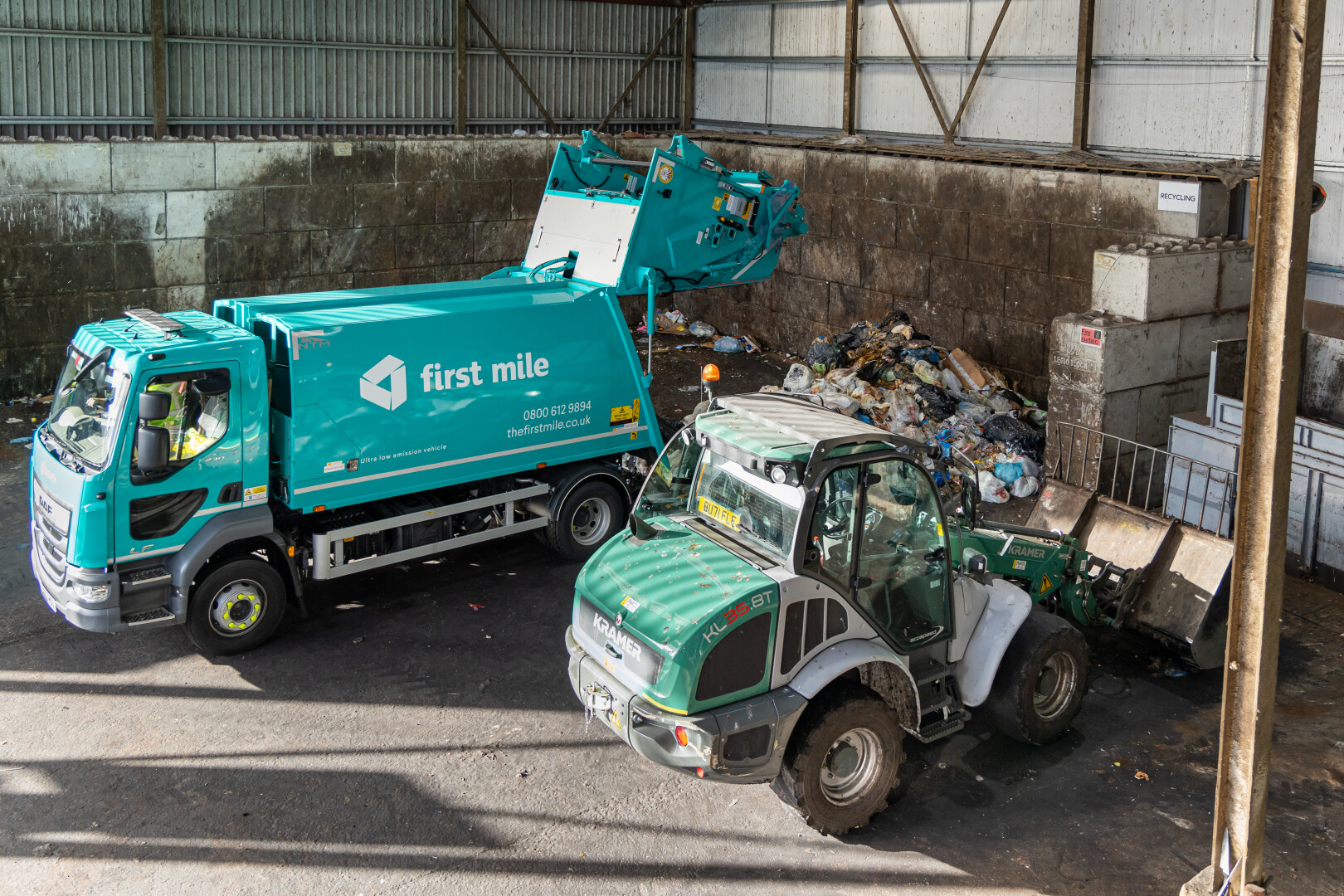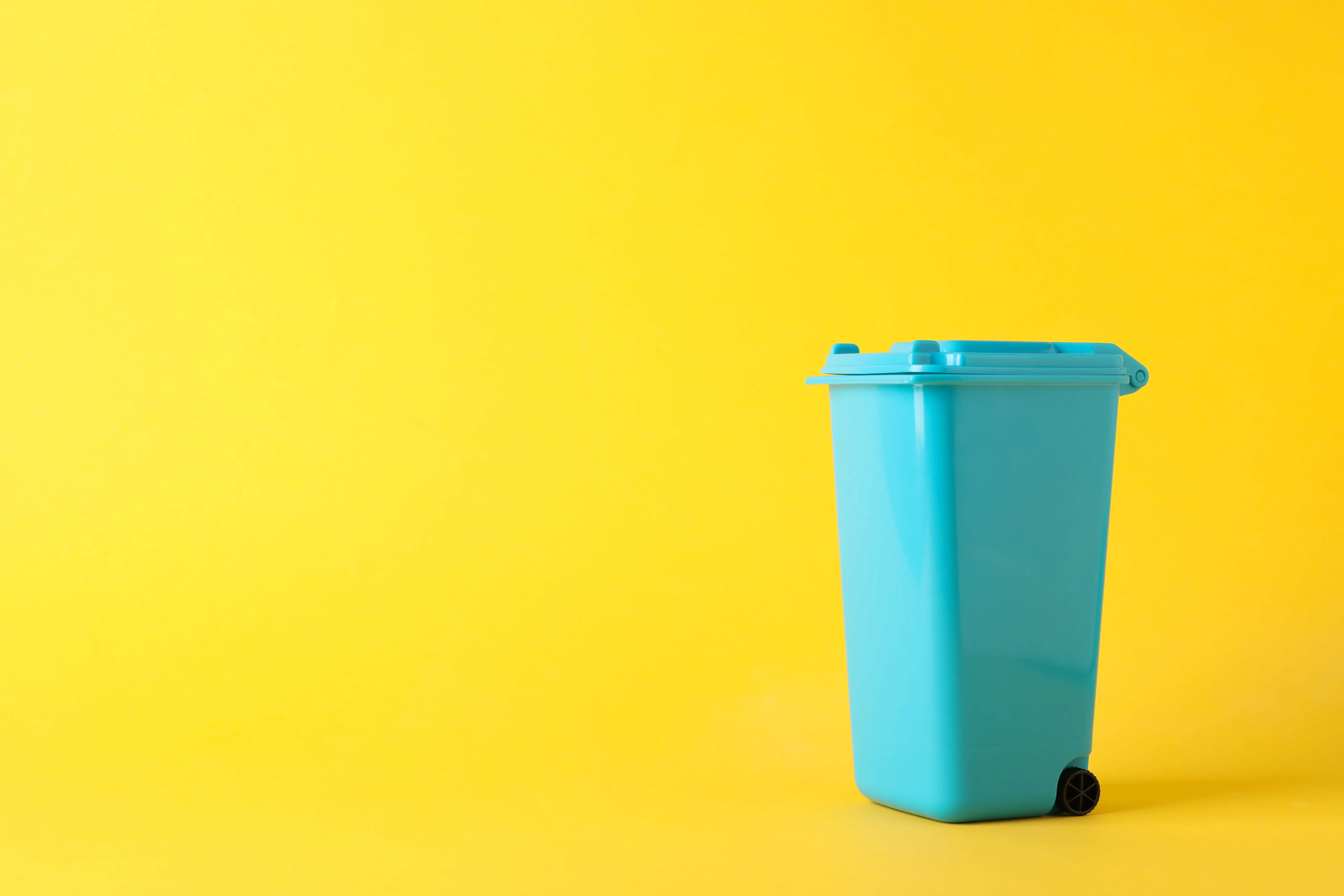Although the UK's overall recycling rate has seen a significant rise, reaching 44% compared to just 17% in 2008, progress has plateaued in recent years, with indications that the rate may now be declining.
That’s why the Department for Environment, Food & Rural Affairs (DEFRA) has recently unveiled a groundbreaking set of reforms to transform the waste management landscape in England.
These initiatives aim to simplify recycling processes, reduce landfill waste, and tackle illegal waste activities, creating a more sustainable and environmentally conscious society through improved recycling efforts.
What is 'Simpler Recycling'?
‘Simpler Recycling’ is the name given to this new set of regulations designed to make recycling easier and to ensure core recycling collections are taking place throughout the country. It will first affect businesses from March 31st, 2025 onwards.
The guidelines will also include the recycling of plastic film packaging to enhance recycling efficiency.
The end goal is to have glass, metal, plastic, paper and card (these can all go in Mixed Recycling if your waste management partner has completed an assessment to allow them to do so) and food waste collected separately from general waste from businesses in 2025 and both businesses and households from April 1st, 2026.
What is the 'Simpler Recycling' timeline?
There are three key dates in total, as DEFRA stagger the implementation of ‘Simpler Recycling’ to give certain organisations more time to become compliant, each affecting different sectors at different times:
- From March 31st, 2025 - Core recycling must be collected from large and small businesses, as well as non-household municipal premises; this includes a separate stream for Food Waste Recycling.
- From March 31st, 2026 - Local authorities must implement standardised core recycling collections, including weekly food waste collections for households.
- From March 31st, 2027 - Micro-businesses with fewer than 10 employees will have to be compliant. Plastic film will also be included as part of the plastic waste stream.
'Simpler Recycling' for businesses: How to be compliant
Businesses (except micro-businesses) and other non-household municipal premises will be affected first, meaning they need to be compliant by March 31st, 2025.
This means all businesses will need to have separate collections for the following core mixed recyclable waste materials: glass, metal, plastic, paper & cardboard, and food waste.
While that might sound like a lot of bins, most businesses will only need three or four to be compliant:
- One dry mixed recycling bin for paper, glass, metals and plastics.
- One bin for paper and card (if your waste management partner has not completed the assessment for these to be collected with Mixed Recycling)
- One for food waste, which will need to be placed in its own container and cannot be mixed with any other type of waste.
- One for general waste, meaning anything that cannot be recycled.
An update from DEFRA on November 29th, 2024, clarified that businesses will need to separate paper and card from other dry recyclables (glass, metal and plastics) unless their waste collector has completed an assessment to collect them together.
The good news is that First Mile has completed this assessment so customers can continue to include paper and card in their dry mixed recycling service and still be compliant.
However, businesses that create a lot of waste for a specific recyclable stream are advised to have a separate container for it. It’s just easier and avoids the dry mixed recycling bin filling up quickly, creating more space for the other recyclable streams.
It is also worth noting that we are still lacking some important details. While DEFRA have said plastic, metal, glass, paper and cardboard can be collected in one bin if your waste collector has completed the assessment, there still is no mention of how cartons, soft plastics and paper cups should be collected.
Hopefully, DEFRA will soon introduce some guidance to clarify how these materials should be collected for recycling.
How should businesses prepare for 'Simpler Recycling ahead of 2025?
According to a survey conducted by First Mile in July 2024, 64% of businesses in England are not ready for the ‘Simpler Recycling’ reforms.
If you are one of them, here are some tips from us for preparing your business ahead of the ‘Simpler Recycling’ reforms:
- Review your waste services: Assess your current waste collection and disposal practices to identify any areas where you need to make changes.
- Develop a waste management plan: Create a plan that outlines how you will comply with the ‘Simpler Recycling’ reforms. This plan should include details on your food waste collection methods, waste storage, and disposal procedures.
- Invest in recycling infrastructure: If necessary, invest in new recycling bins, recycling signage, and other infrastructure to support your recycling efforts. Proper management of organic waste is crucial for successful recycling programs.
- Educate your employees: Make sure your employees are aware of the ‘Simpler Recycling’ reforms and the importance of a weekly food waste collection to help your business comply.
How will 'Simpler Recycling' affect households?
Local authorities are currently able to set the rules on what can and can't be recycled by borough or region. This means that not all households and businesses are able to recycle the same materials. The variation in recycling practices across different areas can lead to confusion, which can reduce recycling effectiveness and increase contamination.
The proposed changes aim to address these issues by introducing more standardised recycling and waste collection systems nationwide, which will include:
Weekly food collections

One of the biggest changes suggested is the introduction of weekly food waste collections for most households in England by 2026.
These are designed to reduce waste and make it easier for households to manage food waste disposal, subsequently reducing the amount of food that councils will find when they collect black bin waste which ends up in landfills.
Given that food waste represents the largest contaminator of household recycling bins in England, these waste reforms are anticipated to significantly elevate recycling rates across the nation.
Every local authority will collect the same 'core recycling' materials
Alongside food waste collections, local authorities will also collect the same recyclable materials under the Simpler Recycling guidelines. These include glass, metal, plastic, paper, and cardboard. However, local authorities can continue to charge for garden waste collections.
Flexible plastics, such as plastic film will also be collected in the plastic waste stream, meaning that traditionally 'hard-to-recycle' items such as food packaging will become easier to recycle.
Core recyclable materials can all go into the same bin
From 2026, residents will be able to collect glass, metals and plastics in the same bin, paper and cardboard in another, while food waste will also have its own receptacle. This will reduce the number of recycling collections needed and create straightforward recycling instructions.
However, there will be what the government call ‘local flexibility’ on the ability to co-collect paper and card with other dry materials where collecting them separately is ‘technically or economically impracticable, or provides no significant environmental benefit’.
This could be the case in high-rise flats or houses that have very limited space outside for multiple bins. It will be the waste collector’s responsibility to produce a short assessment explaining their decision to co-collect all core recyclable materials together.
Bi-weekly general waste collections
The Simpler Recycling reforms will also ensure residual waste (general waste) is collected fortnightly, alongside the weekly food waste collection and recycling collection.
A crackdown on fly-tipping and unlawful waste disposal
In addition to simpler recycling legislation, the government is intensifying efforts to curb illegal waste operations, such as fly-tipping, which cause significant harm to the environment and local communities.
Do First Mile offer 'Simpler Recycling' consultations?
Yes, we do. We understand how important it is for businesses to be compliant before March 31st, 2025, and we offer our consultancy services to anyone who needs them.
Our CEO and founder, Bruce Bratley says: "We are looking forward to the introduction of ‘Simpler Recycling’ in April 2025, which will make food waste mandatory and will introduce a consistent set of materials. This important piece of legislation has the power to make recycling consistent across the nation, and if it is implemented and enforced well, will lead to a boost in recycling rates.
“The team at First Mile are well prepared for ‘Simpler Recycling’ and we are ready to answer any queries to ensure you get the best services set up for your business in a way which ensures you are compliant with these new rules, maximises your recycling and minimise costs and hassle."
Simply contact First Mile today for a free waste audit quote. Our recycling experts will handle everything, ensuring you have a stress-free switch from your current provider and are fully compliant for March 2025.
Why businesses should use First Mile to help with 'Simpler Recycling' reforms

At First Mile, we have a zero-to-landfill guarantee, with clear, transparent end destinations so customers know exactly what happens to their waste once it's been collected. We're committed to upholding our 'Love the Environment' company value, becoming the first in the waste management industry to achieve B Corp Certification.
If you want to ensure your business is ready for the new recycling reforms, get in touch with us today and one of our recycling experts will be in touch with a solution tailored to your business's needs.
We have also completed an assessment to ensure we collect all dry recyclables together, meaning you’ll have one less bin to worry about!


